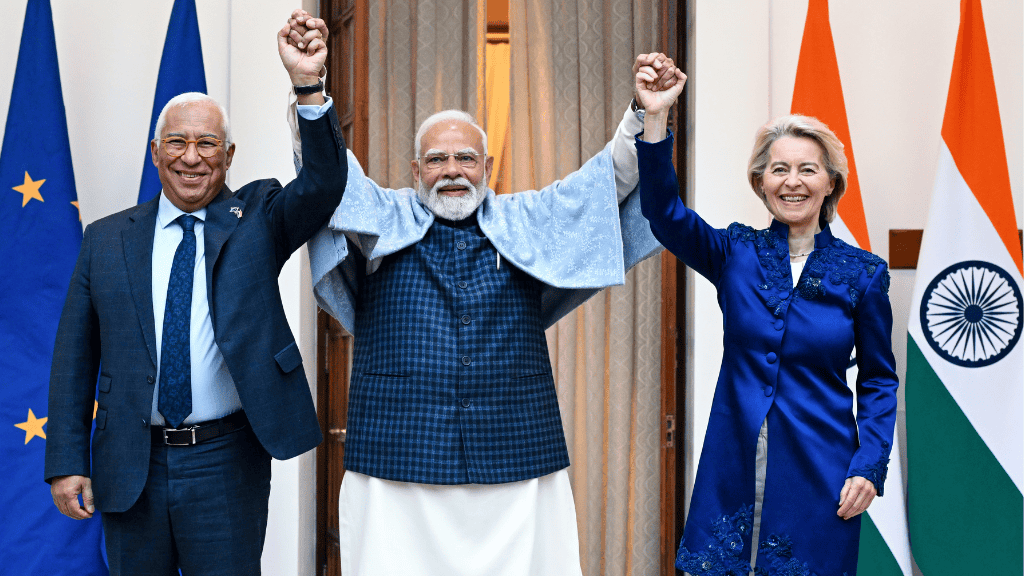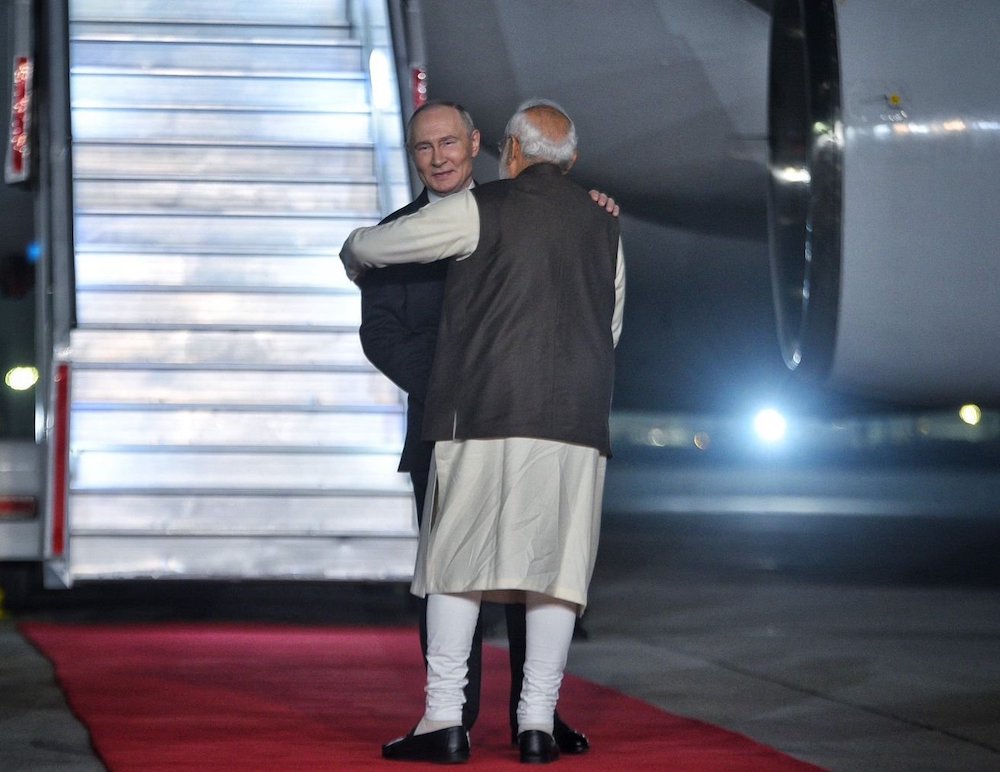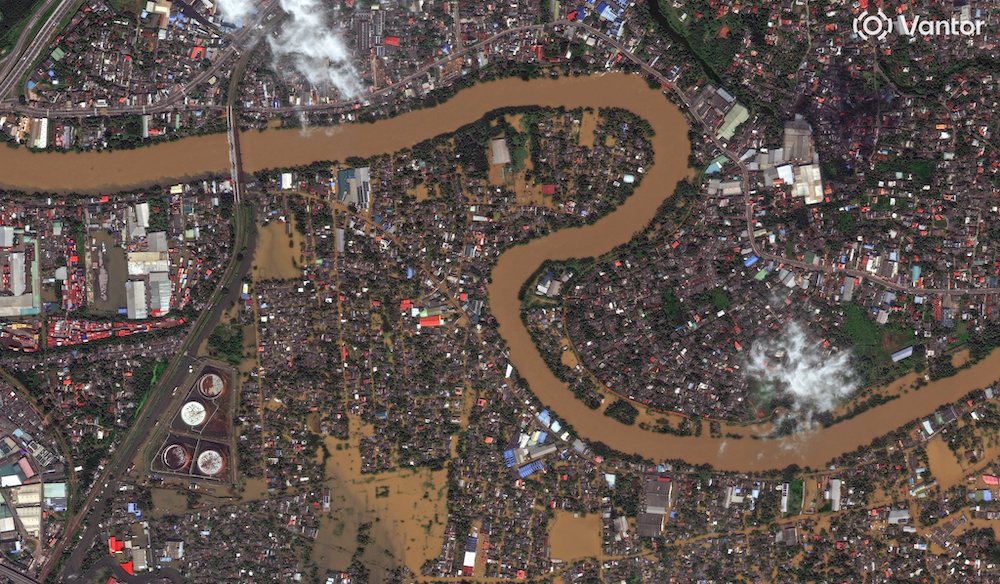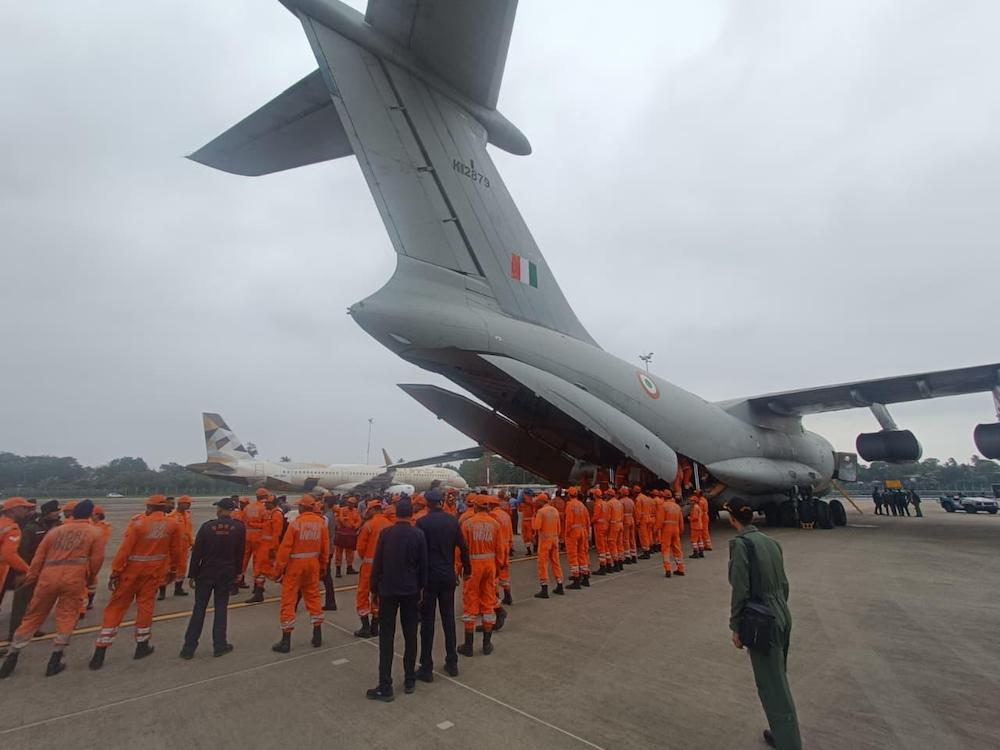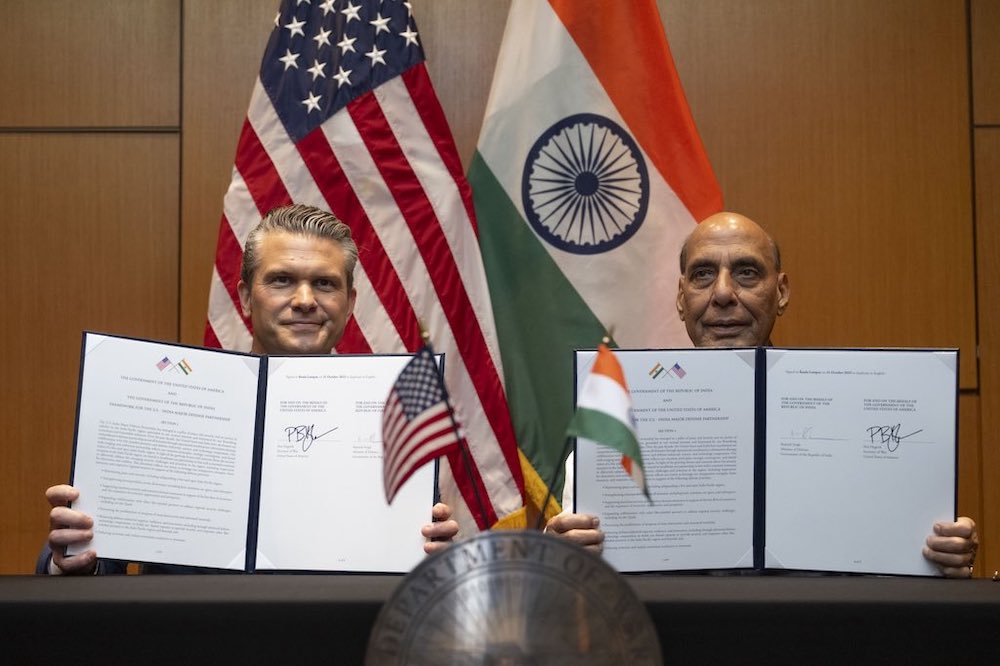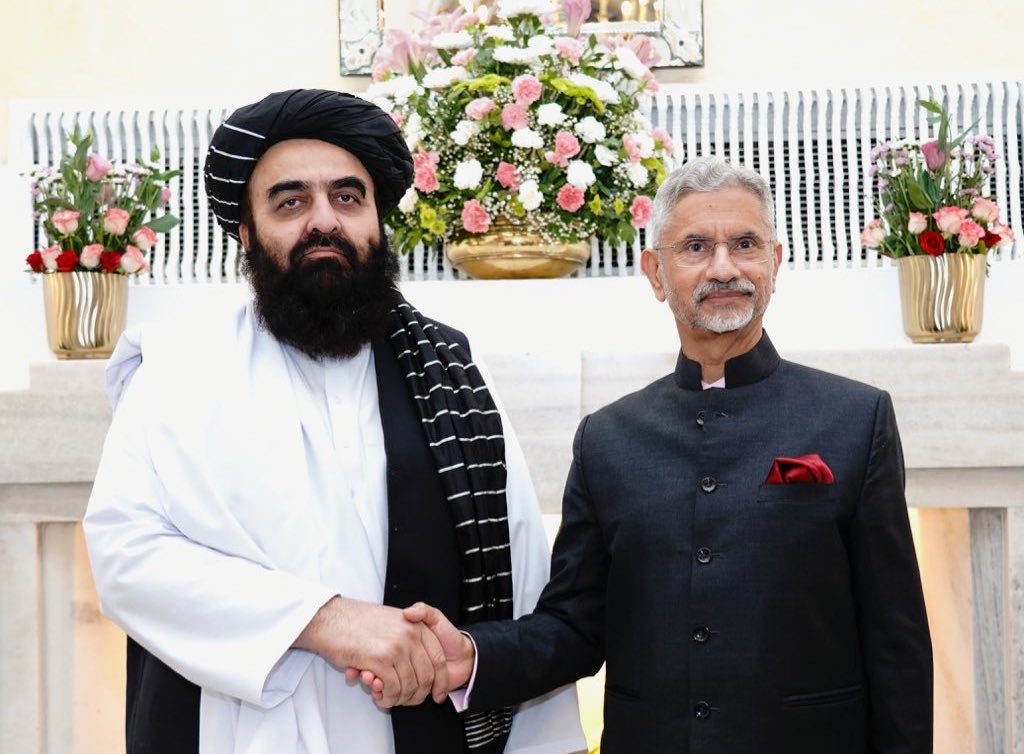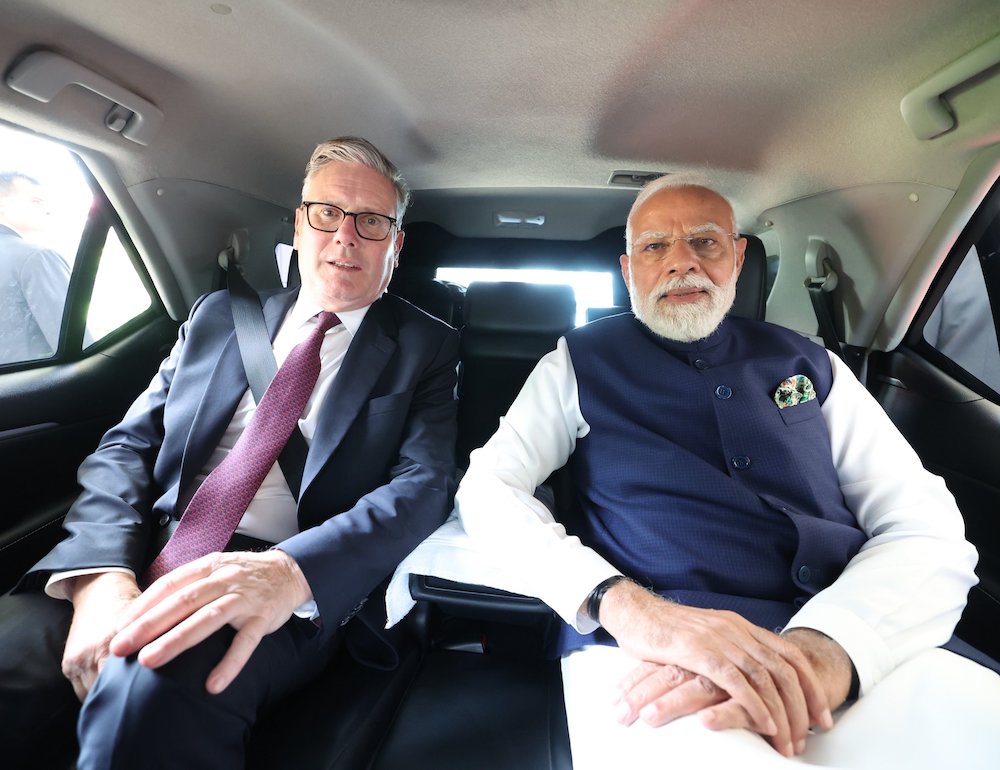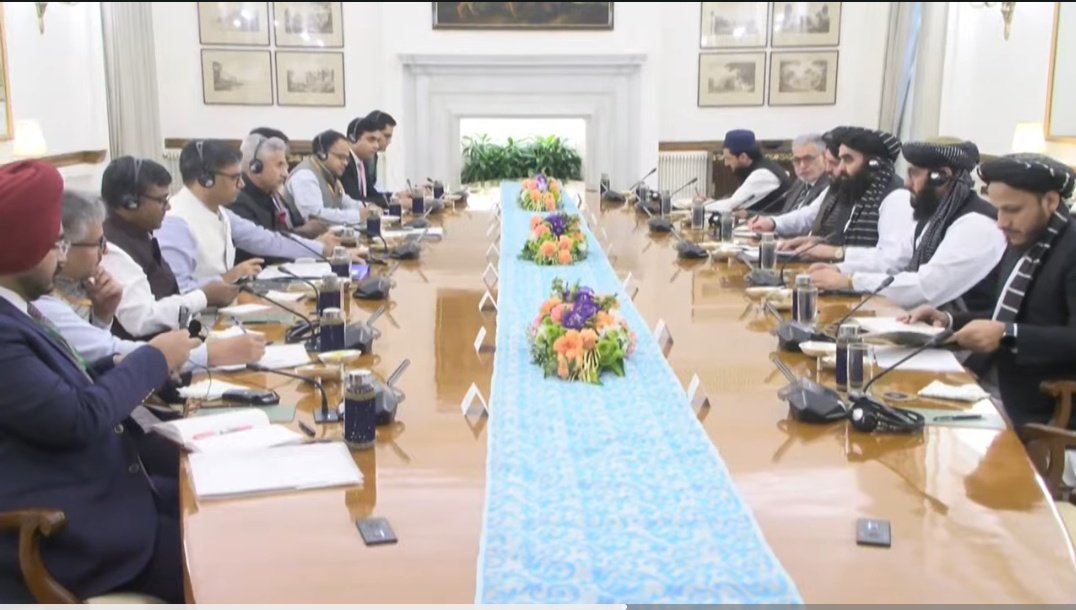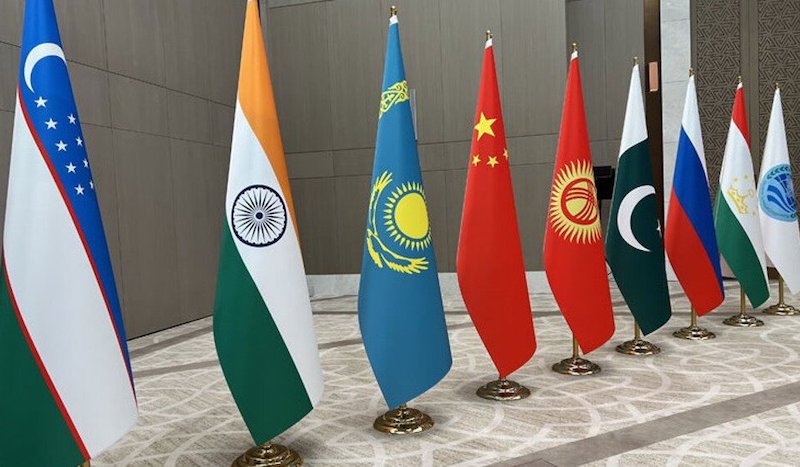 India broke ranks with other SCO members and did not condemn Israel for attacking Iran.
India broke ranks with other SCO members and did not condemn Israel for attacking Iran.
New Delhi: India has distanced itself from a statement by the Shanghai Cooperation Organization (SCO) that strongly condemned Israel’s military actions against Iran, underscoring New Delhi’s foreign policy of strategic autonomy while maintaining a delicate balance in west Asia. While fellow SCO members, including China and Russia, issued a strong rebuke on Saturday, India clarified that it did not participate in the discussions leading to the joint statement.
The SCO’s condemnation expressed “serious concern” over escalating tensions and “strongly condemned the military strikes carried out by Israel on the territory of the Islamic Republic of Iran,” labelling them as gross violations of international law and the UN charter.
However, the Ministry of External Affairs (MEA) promptly stated that its “overall position” had been communicated to other SCO members, and therefore, it did not join the collective condemnation.
This position aligns with India’s earlier call for restraint and de-escalation through dialogue and diplomacy between Israel and Iran. The external affairs minister, S Jaishankar, had recently engaged with his Iranian counterpart, conveying international concerns and urging a return to diplomatic channels.
Complex diplomatic calculus
Analysts suggest India’s stance reflects its complex diplomatic calculus. New Delhi maintains robust defence ties with Israel, being a significant buyer of Israeli military hardware.
Simultaneously, Iran remains a crucial energy partner and a strategic gateway for India’s trade with Central Asia via the Chabahar port. Publicly aligning with either side could jeopardize these vital relationships.
This decision follows India’s abstention from a recent UN general assembly vote on a resolution calling for an immediate ceasefire in Gaza, which further highlighted its cautious approach to conflicts in the region.
Experts note that India’s position within the SCO often differs from some of the group’s dominant members, and this recent move reinforces its independent foreign policy, which is aimed at safeguarding its diverse national interests in a volatile global landscape.
Experts question India’s evolving priorities
Several Indian geopolitical and geostrategic experts said India’s decision to distance itself from the SCO statement has exposed uncomfortable realities about New Delhi’s evolving foreign-policy priorities.
“This abstention from regional consensus-building comes barely days after India chose to abstain from a UN general assembly resolution calling for an immediate, unconditional and permanent ceasefire in Gaza,” noted one former diplomat, who spoke on condition of anonymity.
In that vote, 149 countries voted in favour while only 19 abstained. International observers said the juxtaposition of these two diplomatic moves reveals a troubling pattern of India’s reluctance to take principled stands on issues where its traditional allies expect solidarity and moral leadership.
Departure from foundational principles
Geopolitical experts argued that India’s current approach represents a stark departure from its foundational foreign policy principles.
Historically, India was among the first non-Arab countries to recognize the Palestine Liberation Organization in 1974 and formally recognized the State of Palestine in 1988. This support was rooted in India’s own anti-colonial struggle and its commitment to the non-aligned movement’s principles of sovereignty and self-determination.
The transformation began gaining momentum under the government of the prime minister, Narendra Modi, which also saw his historic visit to Israel in 2017 – the first by an Indian prime minister.
This was followed by the Israeli prime minister, Benjamin Netanyahu, making a reciprocal visit to India in 2018, which Modi described as further cementing the “close friendship” between the two nations.
Former diplomats described the relationship’s evolution as what critics call an “unhealthy hyperfixation” on gaining favour with western powers at the expense of India’s anti-colonial legacy and independent foreign policy.
Iran-India relations under strain
The timing of India’s SCO abstention is particularly significant given the depth of India-Iran bilateral relations, according to international observers.
Iran has consistently supported India during diplomatic crises, and the two nations have maintained robust cooperation across multiple sectors, including the strategically important Chabahar port project.
The port agreement, renewed for 10 years in May 2024 with an Indian investment of $120 million, underscores the strategic importance of this partnership.
Iran’s measured response to India’s position has been diplomatic, with the foreign minister, Abbas Araghchi, recently conducting shuttle diplomacy between New Delhi and Islamabad during India-Pakistan tensions.
However, geopolitical experts noted the strain is evident when Iran occasionally raises the Kashmir issue in joint statements with Pakistan, prompting Indian protests. These incidents highlight how India’s pro-Israel tilt is complicating its relationships with traditional partners in the region.
Defence ties driving policy decisions
India’s growing defence cooperation with Israel has become a determining factor in its diplomatic positions, according to security analysts. During the recent Operation Sindoor, India prominently deployed Israeli-made weaponry, including Barak 8 missiles, HAROP drones, and SkyStriker loitering munitions.
This military interdependence has created a situation where India’s foreign-policy positions increasingly align with its defence procurement priorities rather than historical principles, experts observed.
India is now one of Israel’s largest customers in the defence sector, with annual deals estimated at $1 billion. Former diplomats argued this economic dimension has clearly influenced diplomatic decision-making, prioritizing transactional relationships over principled stances.
Opposition voices sharp criticism
The opposition’s criticism of India’s recent diplomatic choices has been particularly sharp.
The Congress president, Mallikarjun Kharge, described India’s foreign policy as being “in shambles” and noted that the country now “virtually stands isolated” with only 19 nations abstaining from the Gaza ceasefire resolution.
The Congress MP from Wayanad, Priyanka Gandhi Vadra, invoked Mahatma Gandhi’s principle that “an eye for an eye makes the whole world blind.” She argued that India’s silence represents a “tragic reversal of our anti-colonial legacy” and goes “against everything our country has stood for throughout its life as a nation.”
Similarly, the NCP leader, Sharad Pawar, noted that India’s abstention was inconsistent with the country’s historical policy of supporting humanity’s protection.
Global south leadership aspirations questioned
International observers said India’s aspirations to lead the global south sit uncomfortably with its recent diplomatic positions.
The country has positioned itself as a champion of developing nations through initiatives like the voice of the global south summit. However, its abstentions on Gaza – an issue that unites much of the global south – have undermined these leadership claims, experts noted.
The contrast is stark: while global south heavyweights like Brazil, Indonesia, and South Africa voted in favour of the Gaza ceasefire resolution, India chose to abstain.
“This position places India out of step with the very constituency it seeks to lead, revealing a fundamental tension between its global south rhetoric and its strategic calculations,” said one international observer.
Ideological convergence concerns
Some observers have noted the ideological convergence between Modi’s Bharatiya Janata Party and Israel’s approach to dealing with Muslim populations.
This alignment has manifested in domestic policies and public discourse, with Indian social media flooded with pro-Israel content, often accompanied by anti-Palestinian rhetoric.
The Modi government’s differential treatment of demonstrations – cracking down on pro-Palestine protesters while allowing pro-Israel rallies – reflects this ideological bias, according to civil society groups.
Hindu right-wing leaders have explicitly framed support for Israel in communal terms, arguing that Hindus and Jews face a “common enemy” in what they term “Islamic terrorism”.
Strategic autonomy or confusion?
Geopolitical experts agreed that what the Modi government frames as “strategic autonomy” increasingly appears as strategic confusion. The principle of strategic autonomy, which succeeded non-alignment as India’s guiding foreign policy doctrine, emphasizes maintaining decision-making independence.
However, former diplomats argued that India’s recent positions suggest decision-making driven more by immediate transactional benefits than by strategic clarity.
The pattern of high-profile diplomatic engagement followed by policy hedging has become characteristic of Modi’s approach, critics noted.
While the prime minister’s meetings with world leaders generate domestic publicity, they often lack substantive follow-through and institutional backing, leading to what experts describe as “non-assignment”– a refusal to define clear positions on core international issues.
Credibility concerns raised
Former diplomats and current politicians who criticized the Modi government said India’s diplomatic positioning risks undermining its credibility as a responsible global power.
The country’s traditional role as a bridge-builder and advocate for international law is being compromised by its reluctance to take principled stands, they argued.
“This erosion of moral authority comes at a time when India seeks permanent membership in the UN security council and greater influence in global governance structures,” one such commentator noted on social media.
Several observers noted that the international community has taken note of India’s shifted priorities. Japan’s foreign minister condemned Israel’s actions in “unequivocal terms,” demonstrating how other Asian nations have maintained clearer ethical positions.
This contrast highlights India’s increasing isolation on issues of international law and humanitarian concern, experts observed.
What now?
India’s recent diplomatic choices reflect what critics describe as a troubling prioritization of short-term strategic gains over long-term moral leadership.
Geopolitical experts argued that the country’s traditional role as a voice for the oppressed and a champion of international law is being systematically undermined by calculations that privilege defence deals and western approval over principled positions. They argued that New Delhi must undertake honest introspection about whether its current diplomatic trajectory serves India’s long-term interests or merely satisfies the immediate preferences of its current leadership.
The choice between principled leadership and opportunistic positioning will ultimately determine India’s place in the emerging global order, the critics said.

